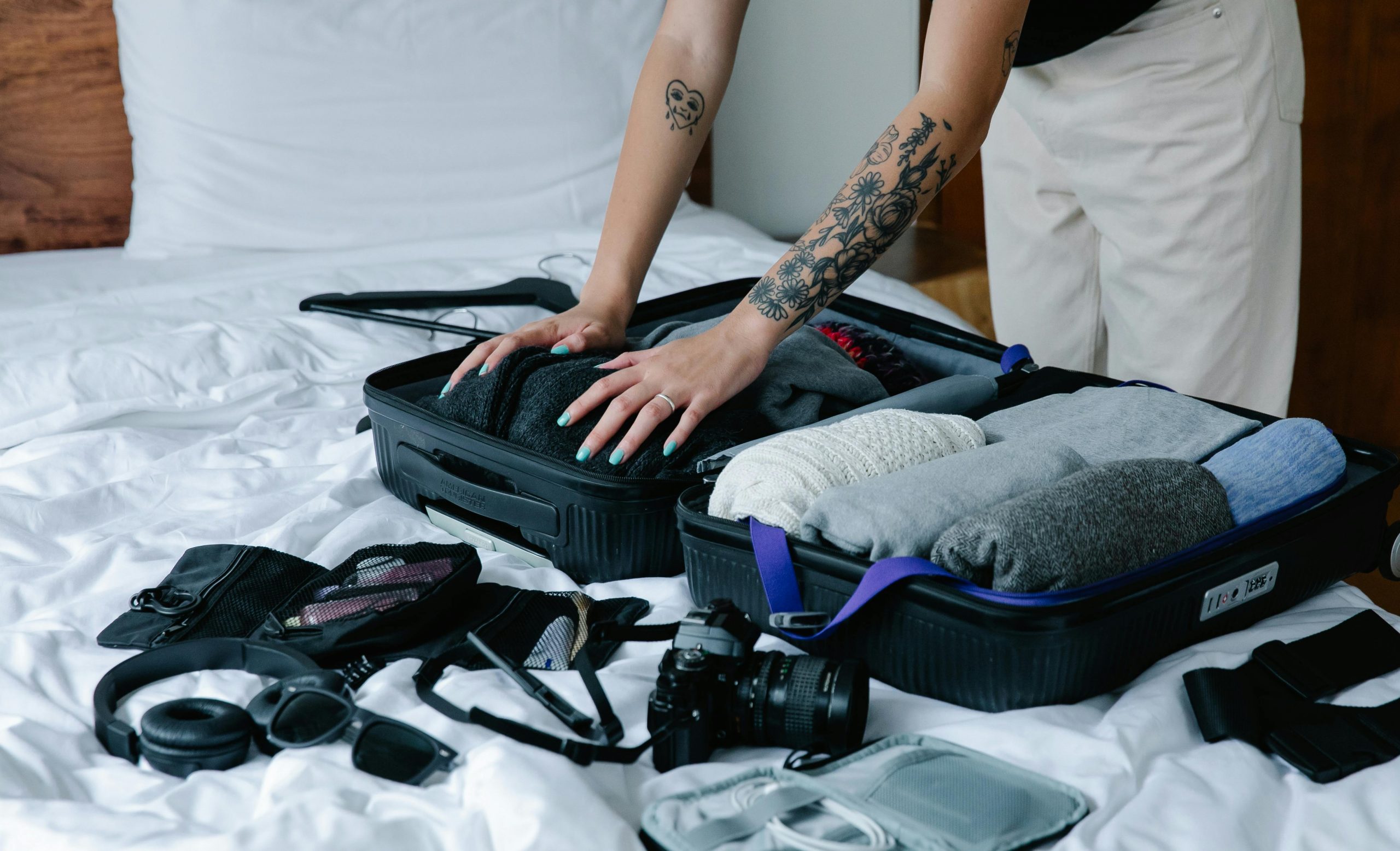
To insure or not to insure? Understanding travel insurance
Americans are spending an average of $272 per person, per trip on travel insurance for prepaid trips, but is it necessary? What does it cover? Read the fine print, but most policies cover losses from events beyond your control (such as illness or death in your family), lost luggage (partial payment), and emergency medical expenses. There’s been a significant increase in the number and percentage of people buying travel insurance, fueled mainly by the Pandemic. Most purchased a policy online, through a booking engine, or through an airline or cruise provider.
According to Forbes, 85% of travel insurance sales were for international trips. The average trip cost for international travelers was $5,959, and for domestic travelers, the average trip was $3,315. On average, international travelers paid $255 for their travel insurance, and domestic travelers paid $311. Factors that influence the cost: your age, type of trip you’re taking, length of stay, and destination. When does it make sense to fork out the cash?
Deciding when to purchase travel insurance
Making the decision to purchase travel insurance can be tricky, but it’s all about protecting your peace of mind (along with your luggage). Let’s break down when it makes sense to secure travel insurance and when you might pass on the extra coverage.
Consider purchasing travel insurance:
- If your trip is non-refundable
- If you’re worried your trip may need to be cancelled due to family illness or weather.
- If you’re concerned about access to medical care overseas because of your health. insurance may not cover medical emergencies outside the U.S.
Leave home without travel insurance:
- If you’re using frequent flyer miles.
- If you’re staying at a hotel with a reliable cancellation policy.
- If your credit cards automatically offer some travel insurance.
Don’t plan on getting travel insurance if you hear a storm is about to hit your destination; if the tropical storm or hurricane has been announced, it’s too late. Suppose you don’t buy the policy within seven to 15 days (about 2 weeks) of paying for your trip. In that case, other exclusions may apply, such as coverage for preexisting medical conditions or the financial default of your travel supplier. To compare policies, visit insuremytrip.com or travelguard.com.
Use White River Credit Union debit and credit card tools while traveling
While getting travel insurance may be necessary, WRCU also offers plenty of resources and tools to help you travel better. Here are some things you can do to prepare for your trip:
- Request Travel Notes be put on your WRCU Cards to prevent potential automated blocks.
- Bring at least two forms of payment so you’re prepared if one of your cards is compromised, lost, or stolen.
- Use our MyCardRules App to keep your card secure with transaction alerts, card controls, etc.
- Add your WRCU Cards to your MobileWallet for secure, easy payments right from your phone.
- Add WRCU to your contacts for help on the road: WRCU Visa Department (360) 825-4833 ext. 6:
- Option 1: Activate Card and/or Select/Change your Personal PIN
- Option 2: WRCU Visa Dept. assistance during business hours
- Option 3: 24/7 Member Cardholder Assistance with declined transactions, Lost/Stolen Cards, Fraud Responses, etc.
Never hesitate to contact your credit union if you have any questions. WRCU’s friendly team is here to help. Contact us via phone, email, scheduling an appointment, or even by swinging by the CU in Enumclaw. We look forward to seeing your smiling faces!



